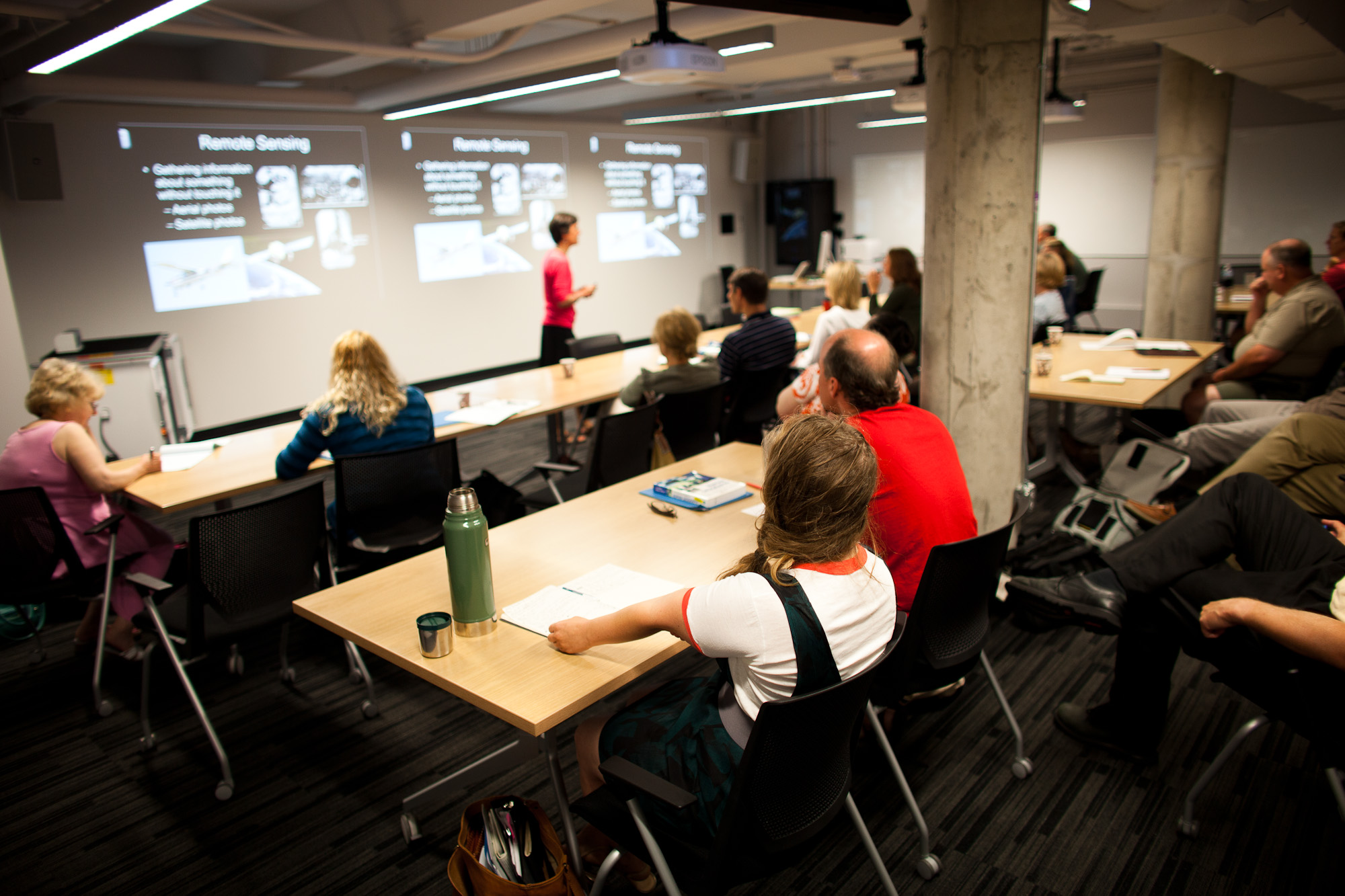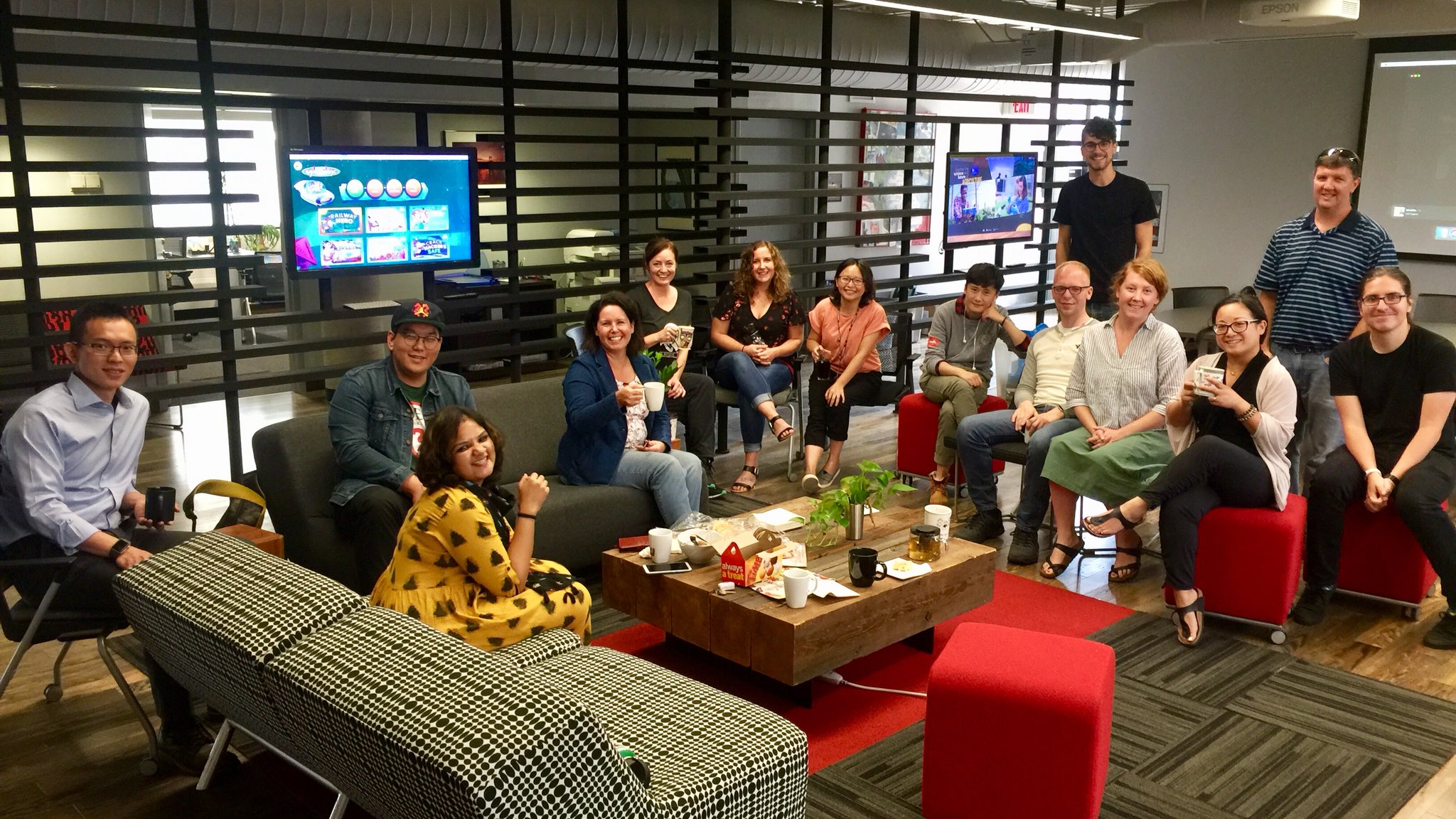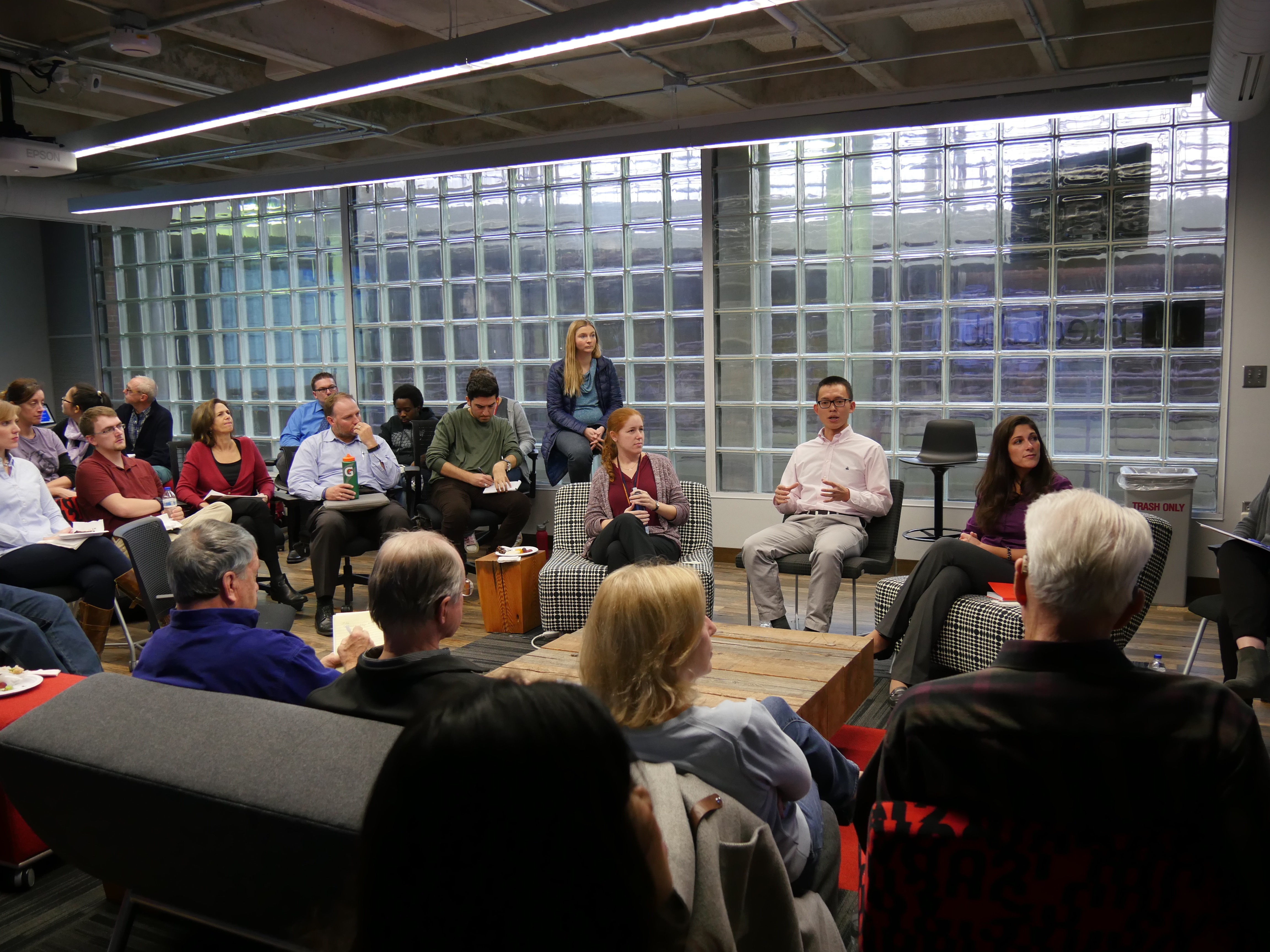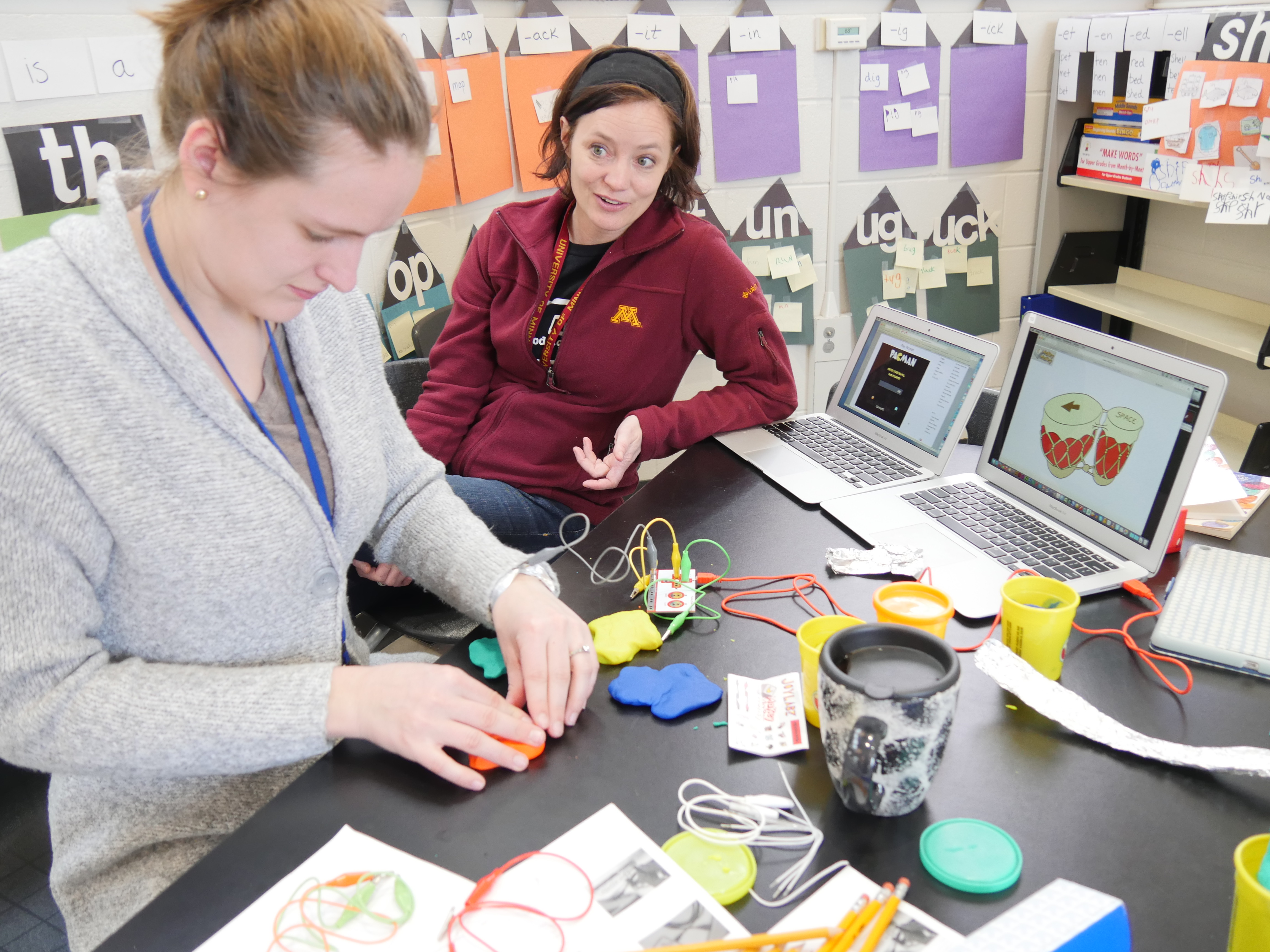April 28, 2015
Dr. Bodong Chen was recently honored with the Chinese American Educational Research and Development Association’s (CAERDA) 2015 Dissertation Award at its 23rd annual conference. This award is given to Chinese and Chinese Americans who have completed a quality dissertation on education or education and teaching of Chinese. Dissertations nominated for the CAERDA award are reviewed for significance of the research to the field, depth and relevance of literature review, technical soundness and rigor of the research design and methodology, quality of data analysis and importance of research findings, and quality of writing.
Dr. Chen’s dissertation, “Promisingness Judgments as Facilitators of Knowledge Building in Elementary Science” was defended at the University of Toronto in 2014.
Congratulations, Bodong!
Dissertation Abstract:
Recognizing promising ideas is an important component of expertise and creativity (Bereiter & Scardamalia, 1993; Csikszentmihalyi, 2009; Gardner, 1994). The goal of this research is to explore students' intuitive understanding of promisingness and to build and test pedagogical and technological supports to enhance promisingness judgments. Toward this end, a "Promising Ideas" tool was developed and continually revised following a design-based research approach involving three cycles of design experiments. The earliest pilot showed students at upper elementary grade levels tended to judge as promising "important facts" as opposed to "ideas with knowledge building potential" in their selections of promising ideas in peer-generated online discourse. A later exploratory study found meaningful socio-cognitive configurations conducive to effective promisingness judgments. With this understanding, in the second design cycle, pedagogical supports were designed around the Promising Ideas tool and subsequently tested in a grade 3 class where students selected promising ideas from their own written online discourse, knowing in advance that selections would influence the direction of their work. After making selections they discussed top highlights across all classmate selections and narrowed their choice to the most promising ideas to serve as the basis for their next knowledge building efforts. In this study, they completed two cycles of this selection process. Qualitative and quantitative results suggest that students as young as 8 years of age made promisingness judgments that led to greater knowledge advances than same-age students, same topic, more experienced teacher, but without use of the promisingness tool and related discussion. These grade 3 students were able to direct their work in fruitful directions and additionally engage in productive collective decision making. In addition, individual differences among students were revealed and prompted me to explore the linkage of personal epistemic beliefs and promisingness judgments in the third design cycle. With further refined tool and pedagogical supports, the third design cycle engaged a grade 6 class in a similar process of promisingness judgments. Besides confirming knowledge advances in knowledge building work, students' epistemic beliefs were found co-developing with their knowledge of promisingness and conceptual change. In summary, the thesis explores theoretical issues and implications for future pedagogical and technological developments to facilitate promisingness judgments through collaborative knowledge building.



